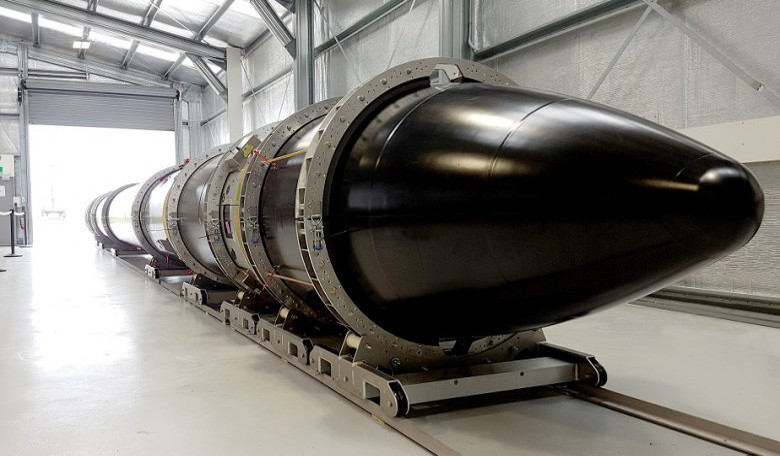Rocket Lab, the California-based aerospace start up company, is finally due to test its Electron rocket as the company opens up a 10 day launch window from 22 May.
Although based in the U.S the launch will take place from the companies private orbital launch site on the Māhia Peninsula, New Zealand.
Created in 2006 by Peter Beck, Rocket Lab is a private company with major investors including Data Collective, Promus Ventures and Lockheed Martin, amongst others. Its mission is “to remove the barriers to commercial space by providing frequent launch opportunities to low Earth orbit.”
The company recently announced that it had raised $75 million in funding for the production of its Electron rocket, bringing the total funding Rocket Lab has received (up until March this year), to $148 million. Rocket Lab states that the company value is now in excess of $1 billion (USD).
Speaking about the intended launch, which is imaginatively entitled `It’s a Test,’ Peter Beck said in a statement; “this is a significant milestone for Rocket Lab and the space industry globally. We are about to enter the next phase of the Electron program, which will see the culmination of years of work from our dedicated team here at Rocket Lab. 'It's a Test' is all about gathering data. There are over 20,000 channels collected during the flight. We will use this information to learn and iterate.”
Described as a miniature Falcon 9 in design with its nine Rutherford engines, the Electron rocket, including its fuel tanks, is composed of carbon composite materials enabling a strong and lightweight flight structure. Not only does the rocket benefit from an entirely new propulsion cycle that utilises an oxygen/kerosene pump fed engine, it is also made entirely from 3D printed components. The engine itself can be printed in as little as 24 hours and it is the first rocket engine to use such a unique cycle.
If the up and coming test flight is successful, a further two will be scheduled before the Electron is deemed operational by the company. However, a lot can go wrong between now and then, and Rocket Lab are under no illusion that all might not go to plan on the day.
“As with any new rocket, there are a lot of factors that come together ahead of a test and we’re not going to fly unless we’re ready. It's highly possible we will scrub multiple attempts as we fine tune and wait for favourable weather conditions,” added Beck.











